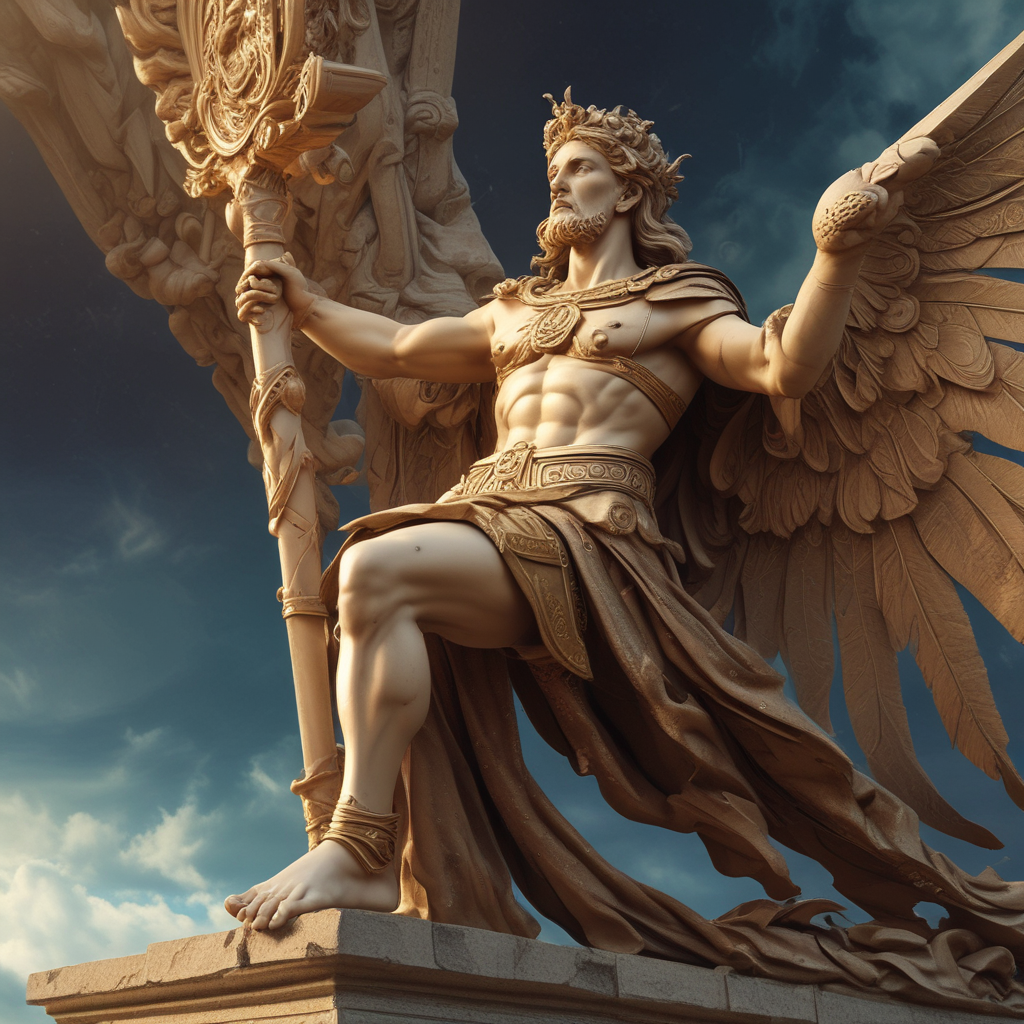The Influence of Roman Mythology on Celtic Traditions
In ancient times, the interaction between cultures often led to the blending of beliefs and mythologies. The influence of Roman mythology on Celtic traditions is a fascinating aspect of cultural exchange that shaped the beliefs and stories of the Celtic peoples. Let’s explore this intriguing intersection of two rich mythological traditions.
1. Historical Context of Interaction
The Romans and Celts came into contact through military conquests, trade, and shared borders. This interaction provided opportunities for the exchange of cultural and religious practices, including mythology. As the Roman Empire expanded its territories, Roman myths began to intertwine with Celtic folklore, creating a unique fusion of beliefs.
2. Adaptation of Roman Gods and Goddesses
One significant impact of Roman mythology on Celtic traditions was the assimilation of Roman deities into the Celtic pantheon. Celtic gods and goddesses sometimes adopted characteristics of their Roman counterparts, leading to the creation of new divine figures with blended attributes. For example, the Celtic god Cernunnos has been linked to the Roman deity Mercury.
3. Symbolism and Rituals
The influence of Roman mythology on Celtic traditions can also be seen in shared symbols and ritual practices. Certain symbols, such as the symbolism of deities associated with specific attributes or domains, were common to both Roman and Celtic religious beliefs. Ritual practices, from sacrifices to seasonal celebrations, often reflected a mix of Roman and Celtic influences.
4. Legacy and Continued Influence
Although the precise extent of Roman influence on Celtic mythology may vary in different regions and over time, the legacy of this cultural exchange remains evident in modern understandings of Celtic traditions. The blending of Roman and Celtic mythologies enriched the folklore and stories passed down through generations, showcasing the interconnectedness of ancient cultures.
Frequently Asked Questions about the Influence of Roman Mythology on Celtic Traditions
What is the influence of Roman mythology on Celtic traditions?
The influence of Roman mythology on Celtic traditions refers to the impact that Roman beliefs, deities, and cultural practices had on the pre-existing Celtic spiritual and mythological framework. This interaction led to a syncretism of beliefs, where certain Roman gods were equated with Celtic deities, resulting in a fusion of mythological elements.
How did Roman mythology influence Celtic religious practices?
Roman mythology influenced Celtic religious practices by introducing new deities, religious rituals, and symbolic representations that were integrated into the existing Celtic belief system. This exchange often resulted in the adaptation and reinterpretation of Roman religious concepts within Celtic traditions.
Can you provide examples of Roman deities adopted into Celtic mythology?
Examples of Roman deities adopted into Celtic mythology include Mercury, who was identified with the Celtic god Lugh, and Minerva, associated with the Celtic goddess Brigid. These assimilations illustrate how Roman and Celtic religious beliefs coalesced to create a hybrid belief system.
How did the influence of Roman mythology impact Celtic stories and legends?
The influence of Roman mythology on Celtic stories and legends enriched Celtic narratives by introducing new mythological motifs, heroic figures, and moral themes. This cross-cultural





